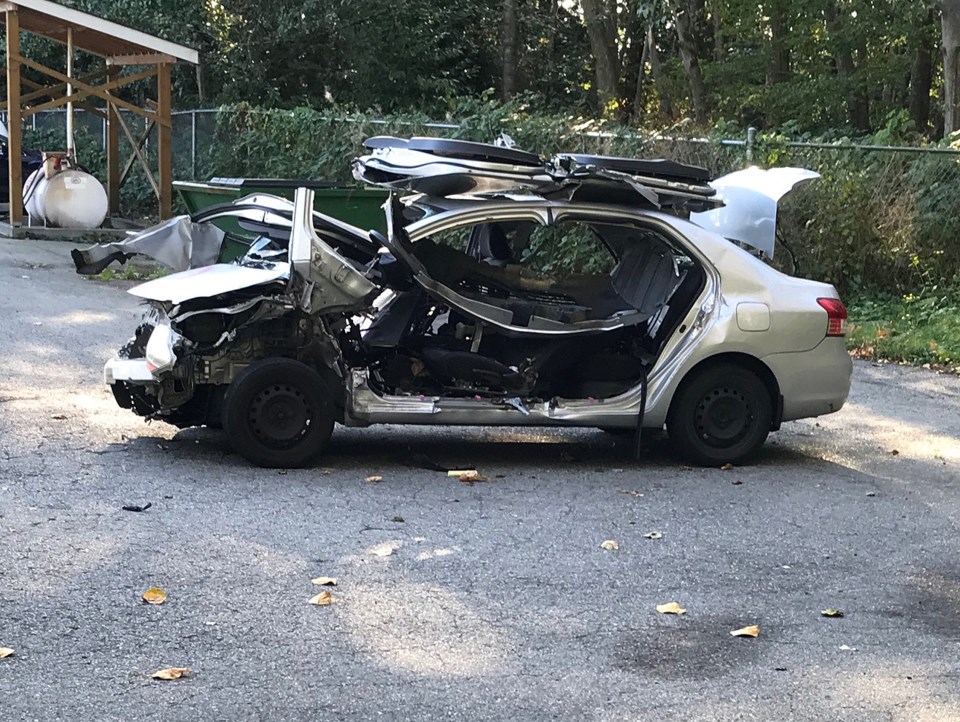Last year was, by many measures, the safest time to be on B.C.'s roads in years.
That’s according to Mike Farnworth, Minister of Public Safety and Solicitor General, who this week said statistics show the numbers for 2019 of police-reported crashes, overall fatalities and injuries, motorcyclist fatalities, deaths linked to high-risk driving and deaths at intersections, were all at their lowest levels in at least five years.
Still, two people died on our roads every three days in 2019, he said, adding that, on average, police cited aggressive driving as a factor in more than 14 injury crashes every day.
When police officers attend fatality crashes in B.C., the top contributing factors they report are speed, distraction and impairment, in that order, Farnworth said, adding he finds “the persistent nature of these problems to be particularly concerning.”
Noting B.C. has made considerable progress against alcohol-affected driving, he said recent national statistics show crashes involving drug-impaired driving are increasing as a proportion of overall impaired driving incidents.
That's why B.C. is awaiting the development of a federally-approved device that can test for specific levels of drug impairment at the roadside, he said.
Farnworth went on to say the fact that distracted driving contributes to one-quarter of fatal traffic incidents is also concerning.
Meanwhile, the City of Delta, in an effort to make its roads safer, is embarking on its own Vision Zero Strategy.
Council endorsed a staff recommendation to develop a strategy, which would be an integrated approach to reduce serious traffic collisions.
Vision Zero is a multi-national road traffic safety project that aims to achieve a road system with no fatalities or serious injuries.
The project originated in Sweden and is gaining momentum in North America, according to a Delta staff report, which notes it has been embraced at the federal levels in both Canada and United States.
One of the key differences between Vision Zero and traditional approaches to road safety is that traffic collisions are considered preventable, viewing safety as a shared responsibility between system designers, policy makers and road users through system level changes.
The implementation of Vision Zero includes public education, targeted enforcement and further engineering, the report explains.
The report also notes that, according to ICBC claims data from 2015 to 2019, the highest number of collisions occurred on the following corridors: 120th Street (Scott Road), Nordel Way, 72nd Avenue, 56th Street and Ladner Trunk Road.
Staff from the City of Delta and Surrey have already met to start the development of a corridor safety analysis for Scott Road and work is anticipated to begin early in 2021.


